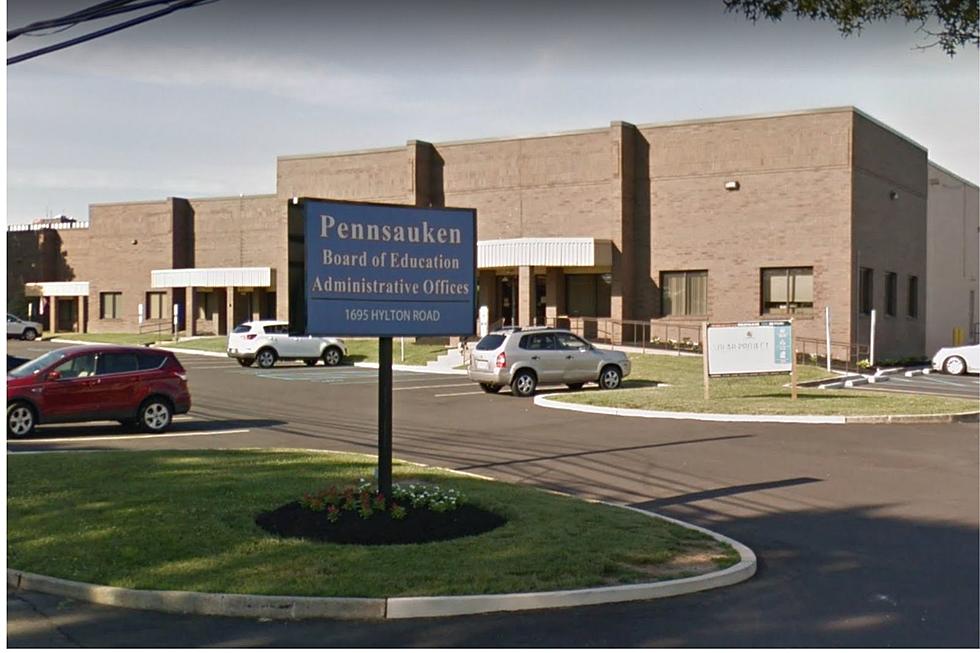
Audit finds Pennsauken, NJ schools wasted $1.6M in taxpayer funds
TRENTON – An audit by the state comptroller says the Pennsauken school district wasted more than $1.6 million in taxpayer funds, mostly by choosing not to participate in the state’s School Employees’ Health Benefits Program.
That’s not just a concern for local taxpayers in the Camden County township of 37,000, as more than half of the school district’s operating budget is funded by the state.
The biggest issue flagged by auditors was that the district’s health insurance broker didn’t compare similar plans when assessing which one to recommend and failed to include the cost of his commission in the cost analysis. The broker projected the private plan would save the district $750,000 over two years, but auditors say it wound up expending $1.6 million than it would have in the SEHBP.
“All school districts should do their due diligence and not rely solely on the advice of brokers who might have a financial interest'
Also, the broker was entitled to a larger commission or separate bonus from Pennsauken if employee enrollment increased by 25% or more. The contract also allowed the broker to earn “incentives, bonuses, trips, and prizes” from the insurance provider, which could have incentivized it to recommend more expensive plans to the district.
“A state regulation requires brokers to fully disclose any commission or other incentive they receive. Full transparency of any hidden costs associated with procuring insurance is essential to protecting the interests of taxpayers,” said Yvonne Tierney, director of the audit division at the Office of the State Comptroller. “All school districts should do their due diligence and not rely solely on the advice of brokers who might have a financial interest in recommending a costly insurance plan.”
Acting State Comptroller Kevin Walsh was recused from the Pennsauken audit.
The Pennsauken school district’s operating budget this year is $114.4 million.
New Jersey Monitor reported that the insurance broker was Conner Strong & Buckelew, where the influential Democratic Party figure George Norcross is executive chair. A company spokesman called the audit “recklessly inaccurate.”
The audit covered a two-year period from mid-2013 to mid-2015. The audit was going on for more than six years.
In its official response, the district said it works with its health insurance broker to make sure an adequate cost analysis is done. It also said it decided to continue offering its health benefits opt-out waiver, even though auditors flagged $21,300 in improper payments, because it saves money overall.
“Although many years has passed since the conclusion of this audit, including changes in leadership at the district (superintendent and school business administrator) and lots of improvements that has taken place in various areas touched on by this report, yet we appreciate the fact that we have the opportunity to improve further in some areas of operation,” said the response.

The Pennsauken school district’s operating budget this year is $114.4 million. It receives $41.1 million through local property taxes and $60.4 million from the state, and it is spending $11.7 million from its surplus and other reserves.
Michael Symons is State House bureau chief for New Jersey 101.5. Contact him at michael.symons@townsquaremedia.com.
The most popular Christmas decorations in the US
KEEP READING: Here are 50 of your favorite retail chains that no longer exist
More From New Jersey 101.5 FM









